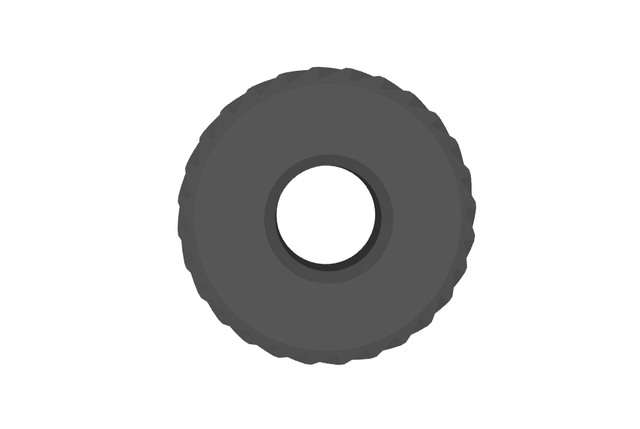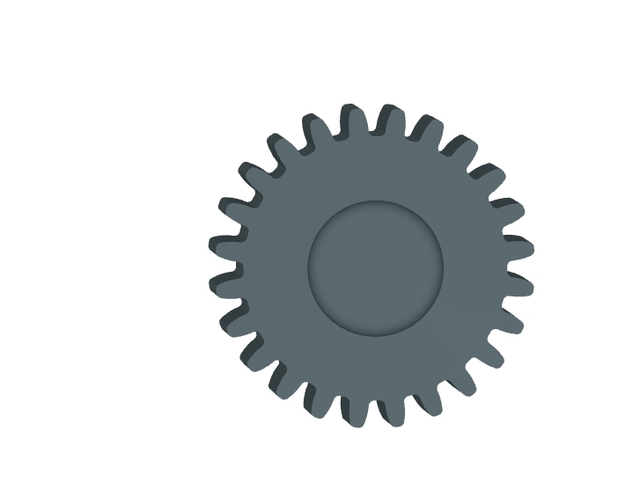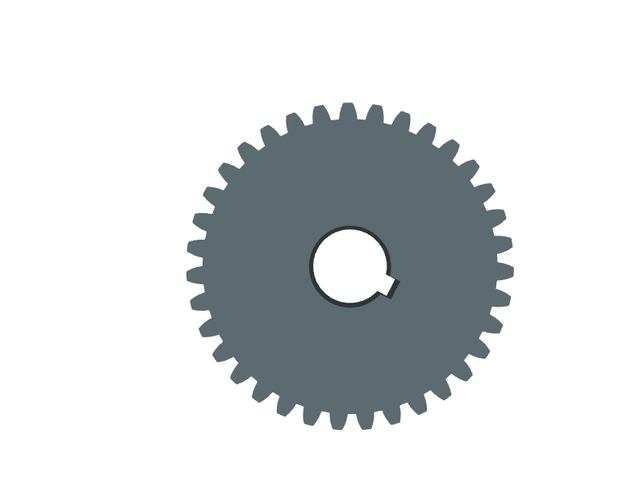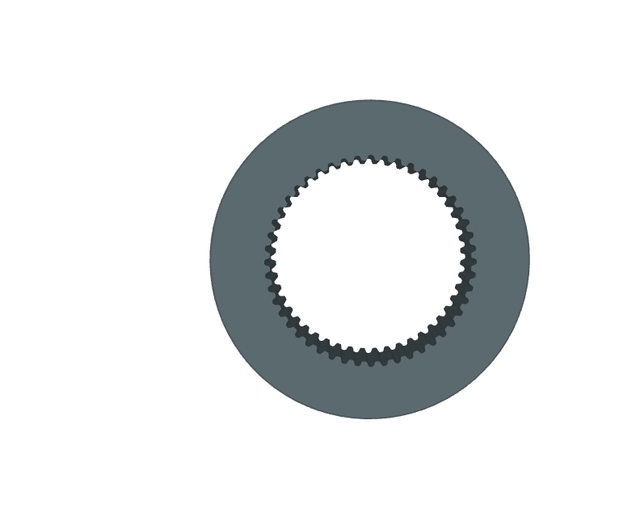In the dynamic world of medical device manufacturing, precision and innovation take center stage. From intricate stomach clamp parts to advanced CNC machining, this field is a testament to the seamless integration of technology and human ingenuity. Manufacturers strive to create devices that not only meet stringent quality standards but also push the boundaries of what medical technology can achieve.
One of the driving forces in medical device manufacturing is CNC machining, a technology that has revolutionized the production of precise and high-quality components. Specifically, when it comes to medical grade CNC machining, the process ensures that each component is crafted with the utmost accuracy. Whether it’s stomach clamp components or other intricate parts, CNC machining for medical devices enables manufacturers to meet exact specifications while maintaining scalability. This precision is critical, as it directly impacts the safety and effectiveness of medical devices.
Advanced CNC machining plays a pivotal role in the prototyping and production phases of medical devices. Medical device prototyping allows for testing and refining products before they go to market, ensuring their functionality and reliability. The ability to produce multiple iterations quickly with medical grade CNC machining helps engineers refine designs to meet the exacting needs of patients and healthcare professionals. This process is particularly significant in the development of stomach clamp engineering, where every millimeter counts for patient safety and efficacy. By leveraging cutting-edge CNC technology, manufacturers can create components that are both durable and lightweight, meeting the demands of modern medical applications.
What sets this field apart is its commitment to precision and quality. For example, when fabricating components like stomach clamps, the use of advanced CNC machining ensures uniformity and structural integrity. This not only minimizes the risk of device failure but also enhances the patient experience by providing reliable, well-crafted solutions. Moreover, the materials chosen in medical device manufacturing are crucial for achieving desired results. High-grade metals, polymers, and other biocompatible materials are often employed to ensure safety and performance, especially in applications requiring direct patient interaction.
As the medical device manufacturing industry continues to evolve, the possibilities expand. From creating more sophisticated stomach clamp parts to exploring new frontiers in CNC machining technology, the future holds remarkable potential. With advancements in precision engineering and design, medical devices will continue to improve, offering better outcomes for patients worldwide. The journey starts with innovation in manufacturing techniques—techniques that are truly reshaping the healthcare industry for the better.
Revolutionizing Medical Device Manufacturing with CNC Precision
Get Latest Price >
| Label | Value |
|---|---|
| Brand | LS Custom Parts Manufacturers |
| Customization Service | CNC Machining, CNC Milling, CNC Turning, 5-Axis CNC Machining, Gear Machining |
| Drawing format | 2D/(PDF/CAD)、3D(IGES/STEP/GLB) |
| Material Capabilities | Aluminum、Brass、Bronze、Copper、Hardened Metals、Precious Metals、Stainless Steel、Alloys、TPR |
| Sample | Free |
| Supply Ability | 100000 Pieces Per Day |
| Surface Finish | Customized Finishing |
| Thickness | Customized Thickness |
| Type | Broaching/Drilling/Etching / Chemical Machining/Laser Machining/Milling/Turning/Wire EDM/Rapid Prototyping/Other Machining Services |
| Services | CNC Machining,Metal Casting,Injection Molding,Sheet Metal Fabrication,Rapid Prototyping,3D Printing |
Find Similar Products
Contact
Ready to start your next project with LS Manufacturing?
Contact us today to learn more about our services and how we can help you achieve your goals.
 LS Manufacturing
LS ManufacturingRapid lead times starting from just 1 business day.
ISO 9001,ISO 14001,IATF 16949 and AS9100D Certification.
Over 100 materials available, with 50+ surface finish options.
Cost-effective mass production.
Order as low as 1 piece.
People who viewed this also viewed

Revolutionizing CNC Machining for Medical Device Manufacturing

Revolutionizing CNC Machining for Medical Devices

Unlock Precision with LS Tech’s Custom CNC Turning Services

CNC Turning Service Quotes for Precision Engineering

Precision CNC Turning: Revolutionizing Modern Engineering

Custom Machining Services by LS Hardware Tech Co., Ltd.

Gear Machining Services: Precision and Efficiency Unveiled

Advanced Gear Manufacturing: LS Hardware Tech Co., Ltd

Beyond Gears: We Integrate The Manufacturing Of Precision Gears And Customized Gearboxes For You

Simplify Your Supply Chain: Get a Single Price for Your Gear Machining and Enclosure Needs



















